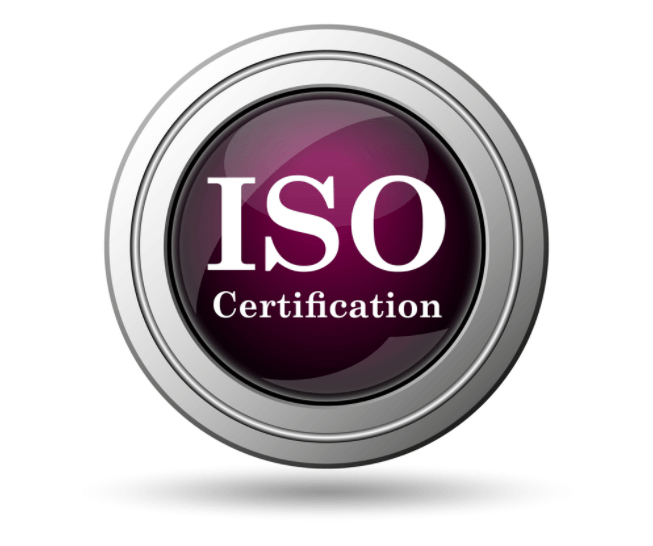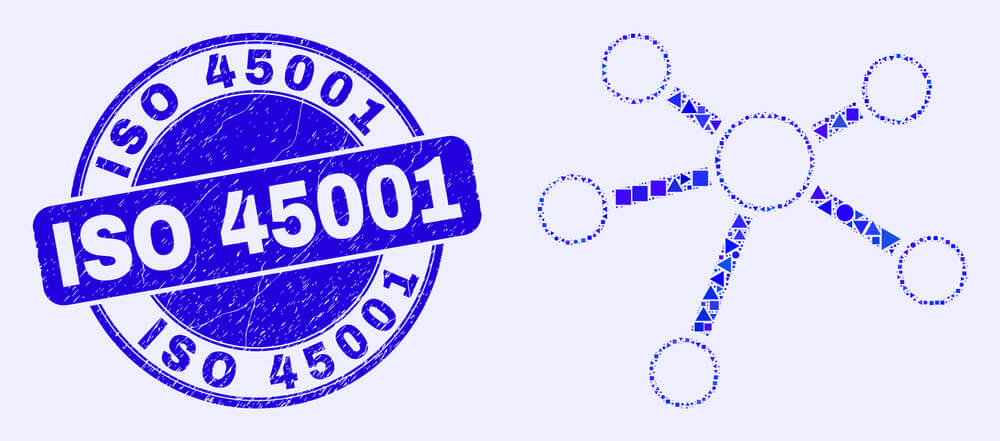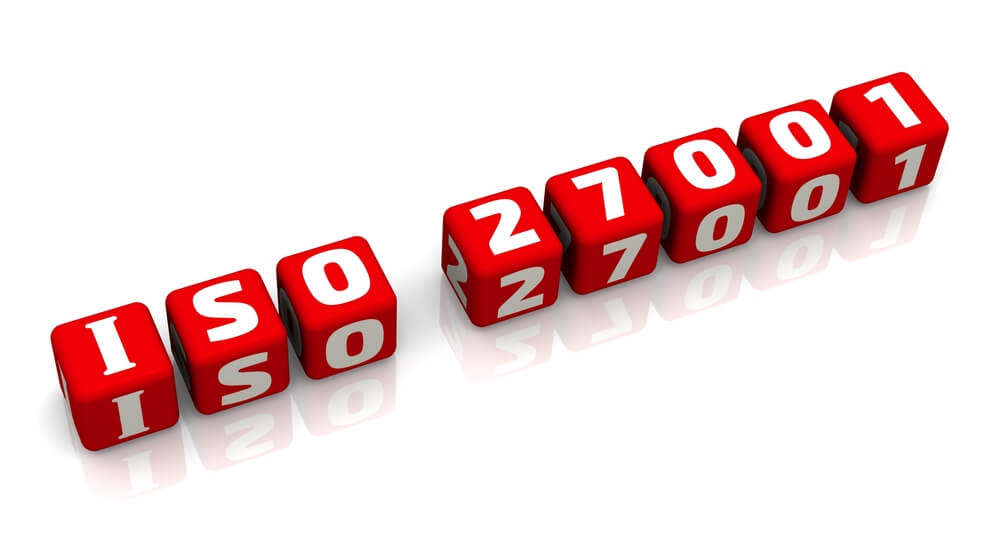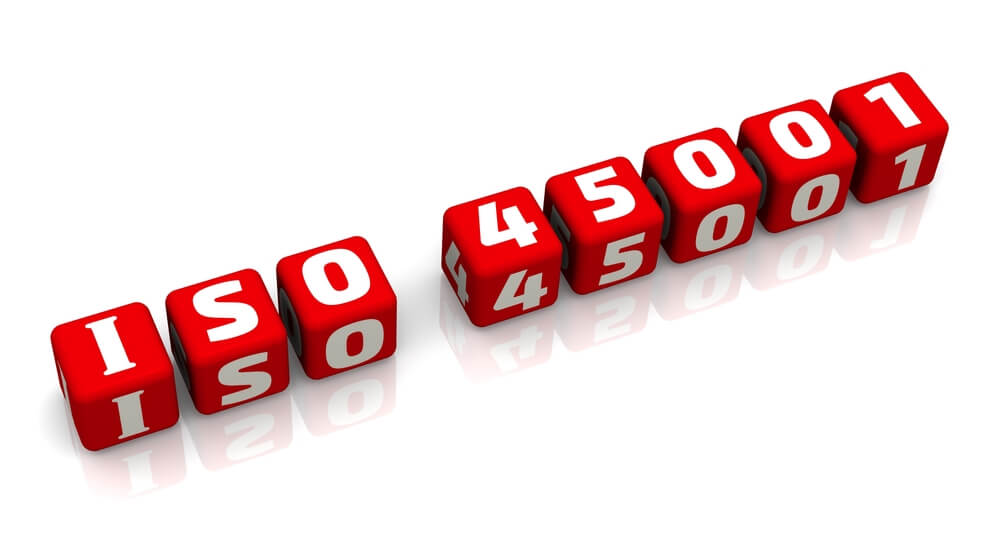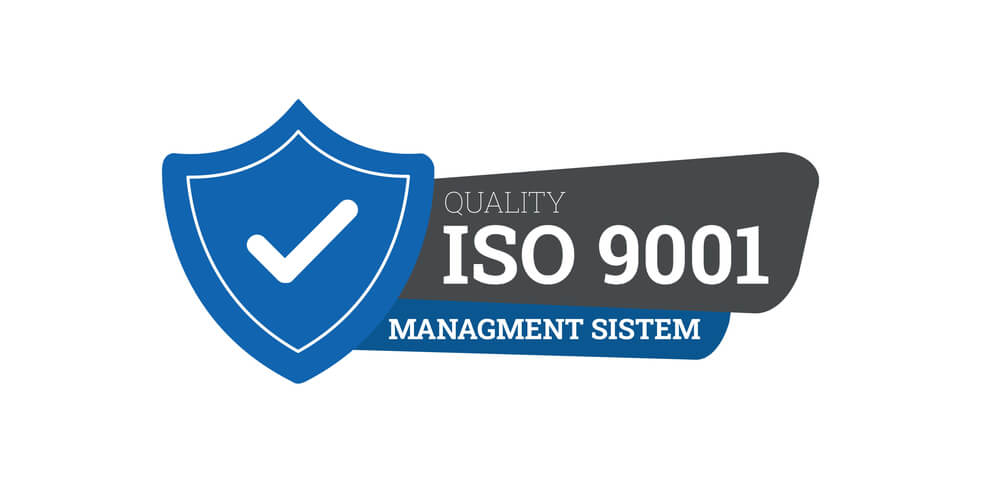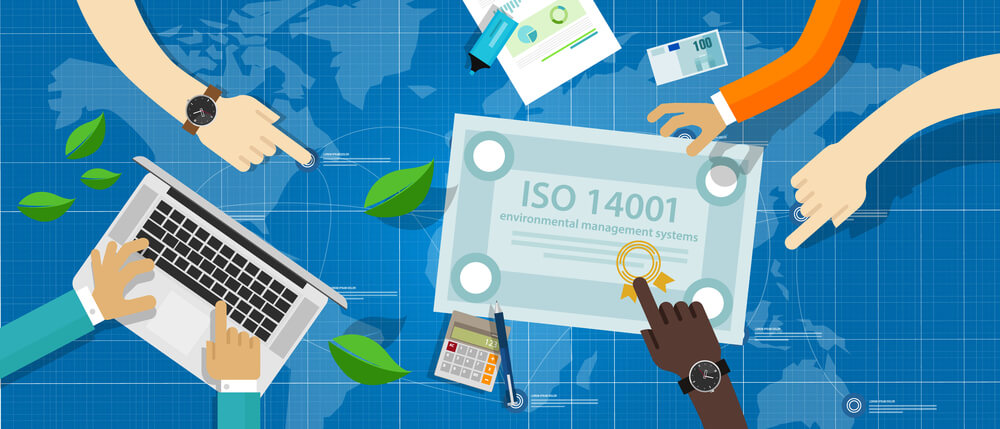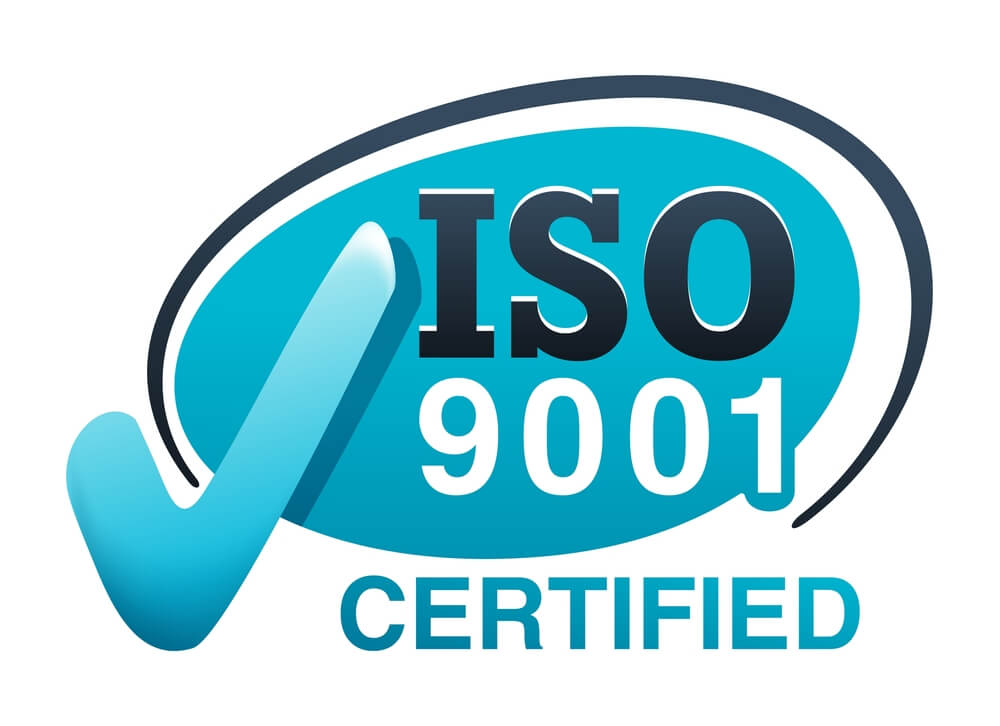Why is ISO 13485 Essential for Your Medical Device Business?
The ISO 13485 standard is essential and also determines the key requirements for a Quality Management System (QMS) for medical device manufacturing organizations. ISO specifically developed the standard to help manufacturing organizations manage their products, i.e., medical devices, during their life cycle, from designing and production to installation and maintenance. Therefore, when a medical device organization achieves the ISO 13485 certification, it exhibits the quality consistency of its products and gets them more customers.
5 Stepping Stones to Successful ISO 13485 Certification
Here are some key steps to help your medical device manufacturing company get certified with ISO 13485 standard.
1. Plan the QMS
The preliminary part of the ISO 13485 standard requirements includes the planning and implementation of the QMS. A manual or document should explain the QMS, how it operates, its processes, and its outcomes.
2. Meet Regulatory Requirements
While developing the QMS, make sure it complies with the particular regulatory requirements of the medical device industry.
3. Implementation and Training
The next crucial step is to train the employees and familiarize them with the QMS processes. Training should be provided regarding the core processes, such as materials purchasing, production, testing, and distribution.
4. Management Review
Management should periodically review the performance of the QMS with an Internal Audit. This review will evaluate the quality of the medical devices and discuss minimized risks or errors in the products.
5. Certification Audit
This is the last step and should be executed by an external certification agency that you have chosen to grant you ISO 13485 certification. They will perform thorough audits to ensure that each of the standard’s requirements is met by the QMS.
Key Takeaway
All the above steps are needed to help the QMS comply with the ISO 13485 Certification. From preparing the QMS to continually reviewing the system, these are systematic processes that ensure all the quality expectations of the medical device equipment are met. In addition, customer satisfaction is enhanced due to compliant QMS, which brings on more sales opportunities for a manufacturer.

